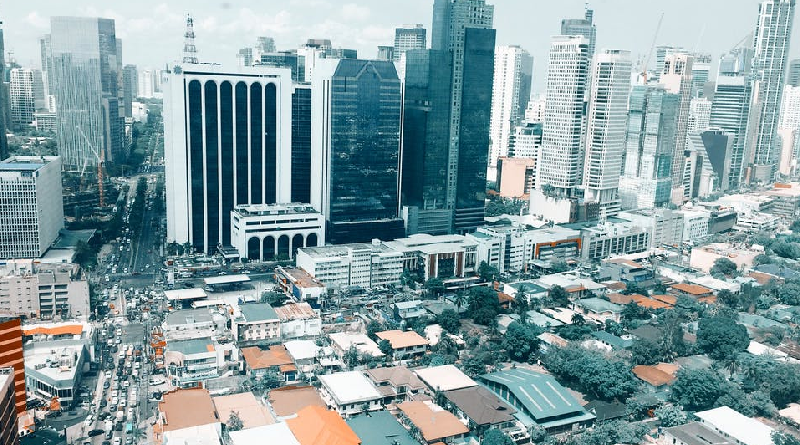Source: https://thefintechtimes.com/101-on-metro-manila-bpo-and-its-relation-and-potential-with-fintech/
The Philippines, home to over 100 million people, is a global player in the business process and outsourcing (BPO) industry, but is this a position it can maintain with the rise of fintech?
It is no surprise that Metro Manila, which is the largest urban centre and home to the nation’s capital, is the epicentre for not only the country’s financial centre but also its globally renowned BPO industry.
The BPO industry in the Philippines contributes at least $30billion to the economy, where over a million Filipinos were employed in over 1000 BPO companies pre-pandemic in 2019. As a leader in the global BPO industry, the Philippines alone is estimated to control 15 per cent of the global BPO market.
Due to the country’s highly educated workforce and English language capabilities, much of the BPO industry caters mainly to much of the English-speaking markets of the USA, Canada, Australia, New Zealand and the UK. Its past and globalisation have also given the country other BPO opportunities such as with the Spanish-speaking world.
Makati City has been the financial centre of the Philippines since the 1960s. Makati Central Business District (CBD) houses several embassies and other key assets like the Philippine Stock Exchange. Many multinationals – both international and Filipino-born, call Makati home, including BDO Unibank, Bank of the Philippine Islands, Smart Telecommunications, Metropolitan Bank and Trust Company, Ayala Land, Philippine AXA Life Insurance Corporation, China Banking Corporation, Nestle, and Rizal Commercial Banking Corporation – to name a few.
Bonifacio Global City – or commonly known as BGC – has its origins as a military base. It has since been transformed into a modern business district of the country, where its transformation began notably in 2003 when the Bases Conversion Development Authority (BCDA) entered a partnership with Ayala Land, Inc. and Evergreen Holdings, Inc, making BGC the way it is today.
Companies with offices there include Samsung, Nissan, The Philippine American Life and General Insurance (PhilamLife) Co., Makati Development Corporation, Sun Life of Canada and East West Banking Corporation.
Ortigas Centre – today’s Ortigas Centre encompasses over 100 hectares and covers three main cities: Mandaluyong City, Pasig City and Quezon City. Similar to both Makati and BGC, Ortigas also is a major financial and commercial hub but also residential and cultural.
Iconic Filipino companies such as fast-food giant Jollibee and beer conglomerate San Miguel Corporation and mall conglomerate SM Megamall are based there, as well as other companies such as Union Bank of the Philippines, Banco de Oro and the Asian Development Bank.
Fintech’s growth presents an avenue for the Philippines to maintain its leadership in the BPO industry. As it is already basically the world’s BPO capital, the Philippines presents opportunities for growing fintechs to also integrate the nation as part of its own wider expansion and supply chain.
For instance, specialised contact centres in the country like PITON-Global in Manila provide a range of services for fintech such as manual identity verification, dispute resolution and chargeback, fraud mitigation and investigation.
Besides its leadership in the global BPO industry, the Philippines is a large market with an emerging economy. In many ways, the growth of the country’s BPO industry has brought many people both into the middle class and also offered opportunities for its workforce who otherwise would most likely have emigrated abroad, which is one of the country’s most notable exports – its own people.
With the presidential win of Bongbong Marcos, much is uncertain about how the Filipino economy will progress in the future, as the rest of the world also has to combat the challenges of the pandemic, inflation and other economic development hindrances.
Despite the challenges of Covid-19, the Philippines and its BPO industry continue to help power the world. Fintechs and BPO can go hand-in-hand and the Philippines would most likely be on one’s radar naturally.
